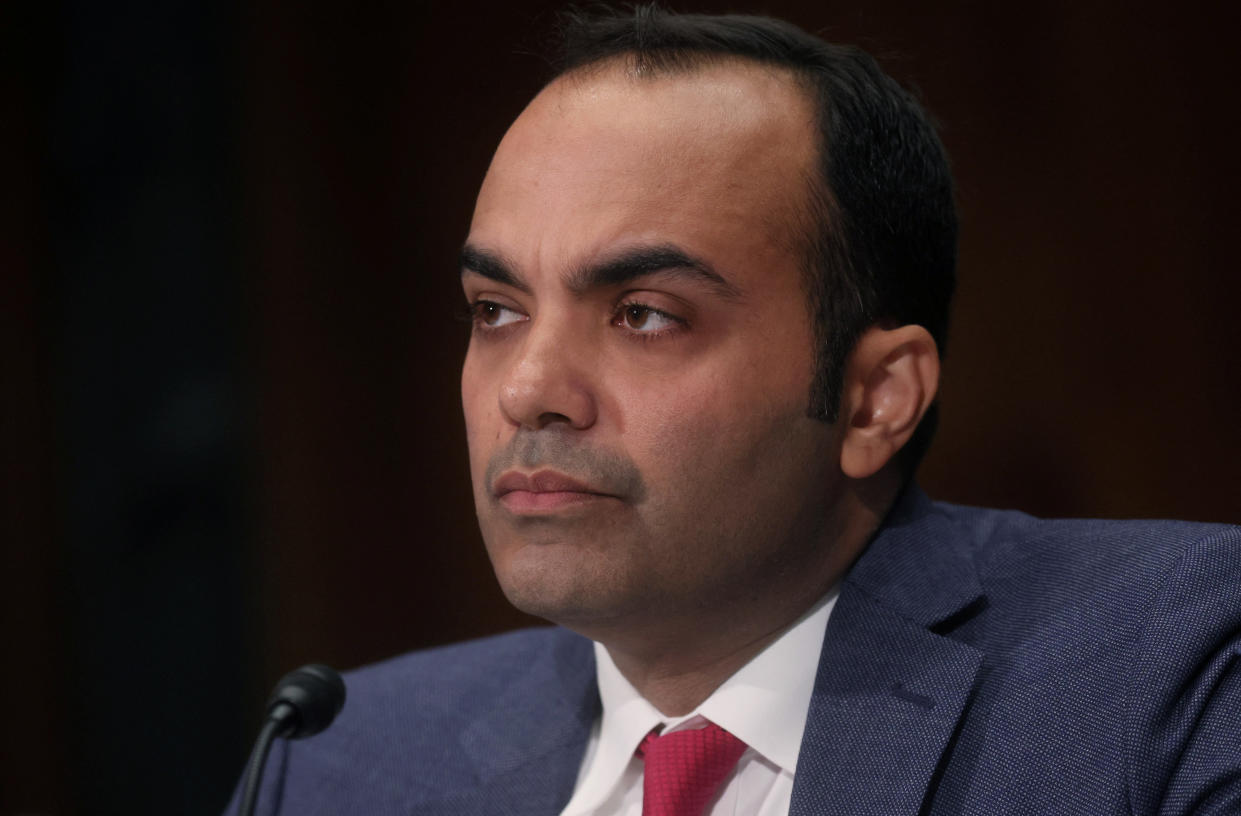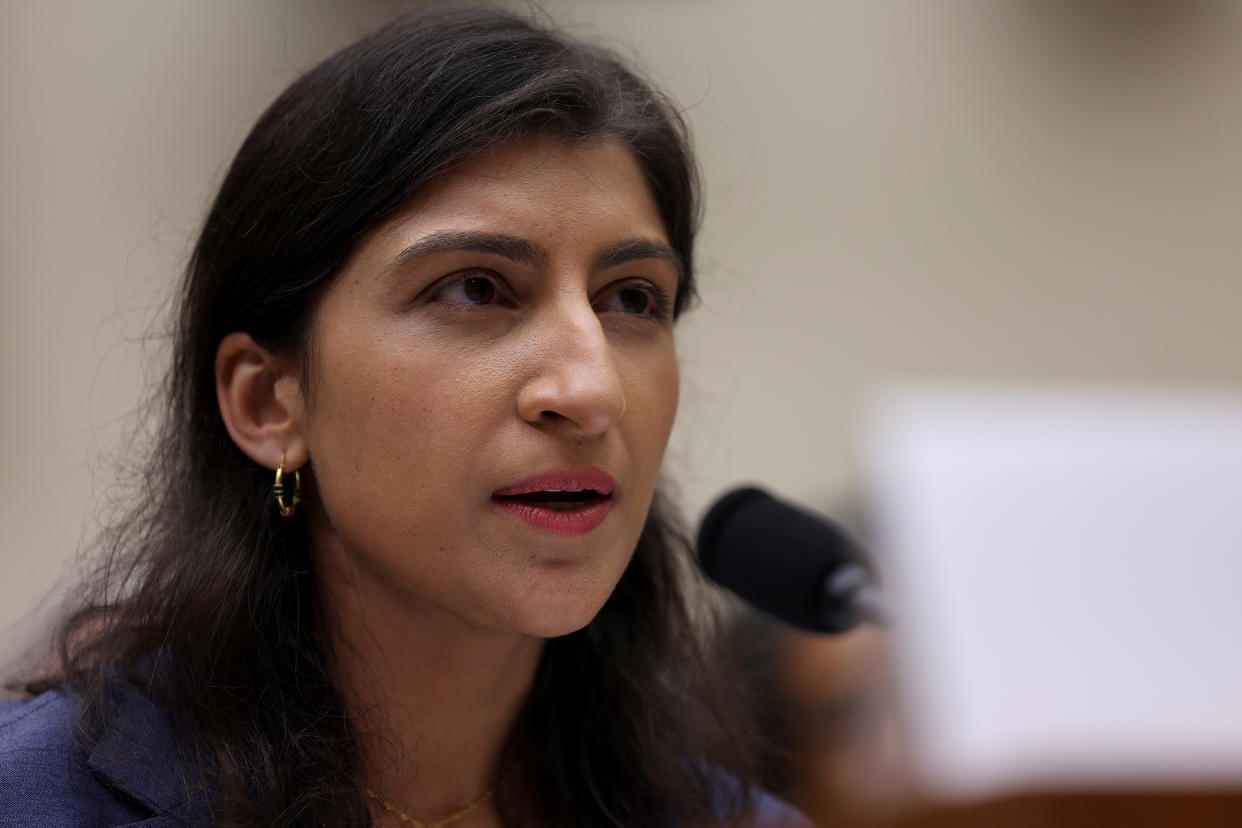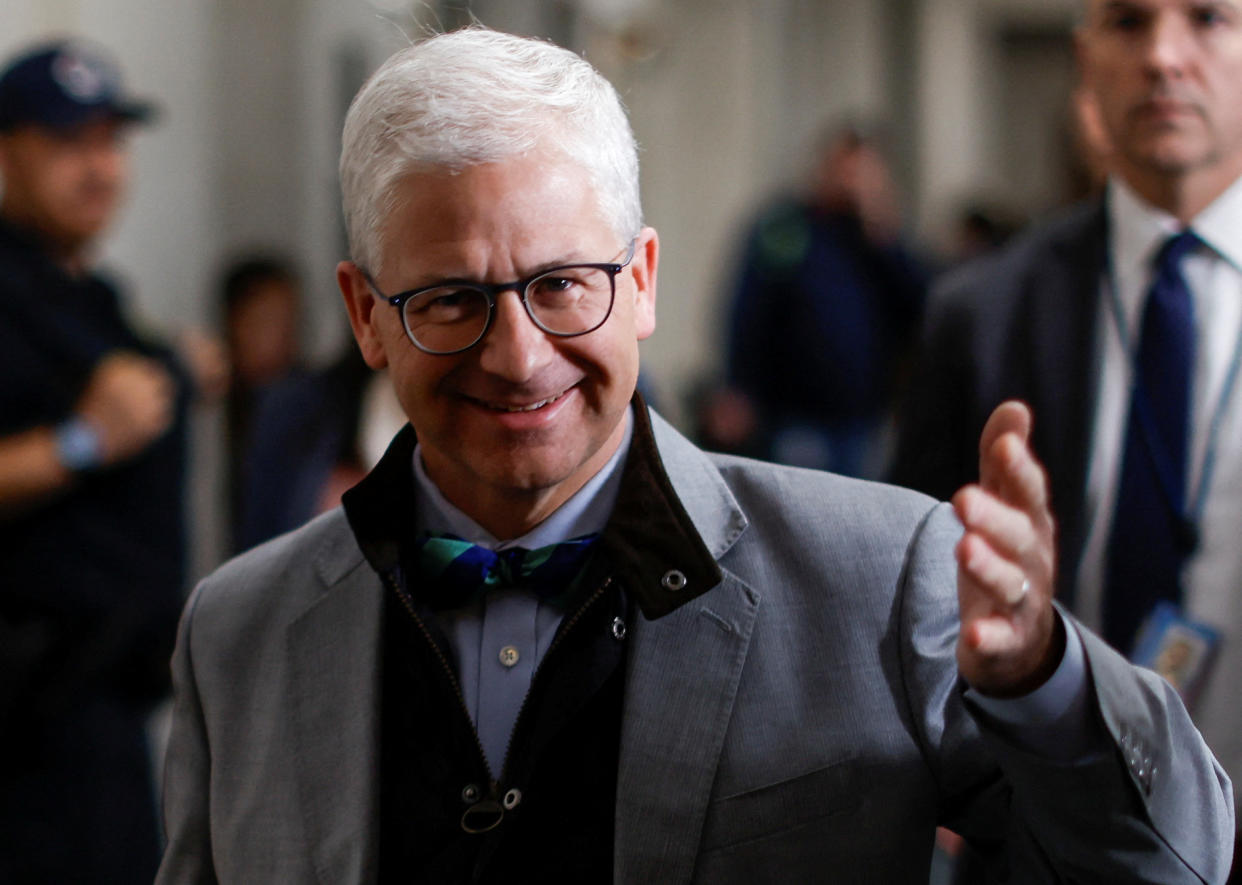Why Washington wants to treat Apple and Google like big banks
A Washington watchdog wants to police Big Tech like it it does big banks, meaning greater scrutiny for popular mobile payment systems operated by Apple (AAPL) and Alphabet (GOOG, GOOGL).
A new rule proposed by the Consumer Financial Protection Bureau would require nonbank financial companies handling more than 5 million transactions per year to follow the same rules as giant lenders already supervised by the CFPB.
That means tougher oversight for popular payment apps like Apple Pay and Alphabet's Google Pay that millions of Americans use to move money via their phones.
While the CFPB already has the ability to bring enforcement actions against financial arms of tech companies that violate consumer finance laws, this rule would permit the CFPB to examine the companies on a regular basis.
The goal, according to the CFPB, is to ensure these firms comply with protections against unfair, deceptive, and abusive practices as well as privacy protections.

The rule "would crack down on one avenue for regulatory arbitrage by ensuring large technology firms and other nonbank payments companies are subjected to appropriate oversight," CFPB Director Rohit Chopra said last Tuesday in a statement.
The CFPB proposal sets up another fight with an industry that is already the target of a larger crackdown across Washington.
Federal agencies have filed antitrust lawsuits alleging that tech giant Meta (META) and Google are wielding their market power to illegally stomp out competition.
In September, the Federal Trade Commission (FTC) and 17 state attorneys general also sued Amazon (AMZN), alleging that its dominant online retail store Amazon.com is illegally monopolizing two markets.

'It's a step in the wrong direction'
But banks are cheering this latest move by the CFPB, in a rare instance of agreement with the agency.
"By bringing supervisory attention to large non-bank payment firms in line with expectations for banks offering similar products, the CFPB is taking a step in the right direction," Consumer Bankers Association president and CEO Lindsey Johnson said in a statement.
Republicans in Congress came out against the new proposed rule.
It's "a step in the wrong direction," said House Financial Services Chair Patrick McHenry, who added the CFPB is stretching its supervisory authority and will end up hurting consumers.

"This proposed rule will only entrench the status quo by impeding the adoption and development of innovative products and services."
The CFPB has been warning for a while about the rising power of Apple and Google in the payments industry. In September it released a report that found the companies were acting as "choke points" to the US payment system, cutting off innovation by keeping other apps out.
Chopra told Yahoo Finance last month that he believes the US payment system is careening toward a Chinese-style system where Big Tech companies are blurring traditional lines as they move into finance — threatening the separation between banking, money, and payments as well as the real economy.
He says regulators need to make sure the consumer payment firms are not trafficking fraud and find ways to restrict how some of the payments firms can harvest and monetize Americans’ personal data.
The CFPB's new rule is open for comment until Jan. 8.
"We view this week as the start of what is likely to be a long process to figure out how to address the growing importance of nonbank financial firms to the financial system," said TD Cowen analyst Jaret Seiberg.
He expects the agency will finalize the rule in late spring before the next presidential election.
"We see limited election risk," Seiberg added. "That means it should be effective before we know who won the election. We also believe a Republican president is unlikely to unwind this rule as that would go against the populist tilt of the current GOP."
Read the latest financial and business news from Yahoo Finance
